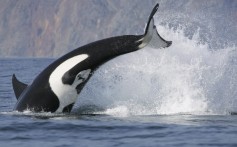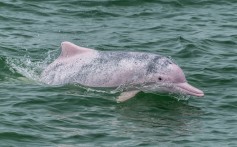In the developed world, there is growing public awareness that orcas should not be kept in captivity. Bowing to the trend, the US theme park giant SeaWorld announced last year that it would stop breeding these highly intelligent animals. So it was jarring to hear that in this part of the world, China’s Chimelong Ocean Kingdom is starting a breeding programme for orcas, also known as killer whales. This is a step entirely in the wrong direction.
Orcas live in family units, and they have sophisticated social structures. Removing even one orca from the wild has devastating consequences for the pod and leaves lifelong emotional scars. All nine orcas at Chimelong Ocean Kingdom in Hengqin, Zhuhai, were taken from their ocean homes. By buying these animals, wild-caught from Russian seas, the facility is supporting a merciless and mercenary industry – one that must be condemned.
Orcas are curious and playful animals. In the wild, they swim up to 160km per day, forage freely and establish lasting bonds with their mothers, siblings and other members of their close-knit communities, with whom they usually remain for life.
Watch: Chimelong Ocean Kingdom launches a breeding centre for orca, China’s first
But at a marine amusement park like Chimelong, they are forced to live in concrete tanks that don’t come close to replicating their natural habitats. They’re denied the opportunity to do the things that are natural to them, such as diving, choosing a mate and swimming long distances. As a result, orcas in captivity develop physiological ailments such as compromised immunity and display atypical forms of behaviour, including self-harm and aggression towards humans and other orcas. Driven insane by the lack of autonomy and meaningful stimulation, many destroy their teeth by chewing on the steel divider bars or sides of their tanks. Most die well before their natural life expectancy.
Visitors to such a facility learn nothing about orcas by seeing them swim endless laps in shallow pools. Families visit to be entertained, and it’s ethically indefensible to relegate these intelligent animals to life in a tank for the public’s fleeting distraction.
We urge Chimelong Ocean Kingdom to instead use its resources to build coastal sanctuaries for these orcas. There, visitors could observe these impressive marine mammals from viewing platforms and learn more about how they really behave.
Chimelong should condemn the capture of wild orcas and pledge never to buy them or borrow them from others, and it must halt its plans for a breeding programme. Until it shows more compassion in its policies, people who care about animals should not set foot inside its gates.
Keith Guo is PETA Asia’s press officer for China
How Oscar-winning documentary The Cove made one Hong Kong marine biologist ‘switch 180 degrees’ to fight against dolphin captivity
- The Cove shocked the world in 2009 by documenting Japan’s brutal dolphin drive hunting, and it affected Taison Chang, who then worked at Hong Kong’s Ocean Park
- He quit his job with captive animals and began fighting against the industry. Chang says it’s important to educate the public that dolphin hunting is wrong
For Oscar-winning documentary The Cove (2009), filmmaker Louie Psihoyos accompanies conservationist Ric O’Barry as he attempts, in the face of stiff resistance from local fishermen and officials, to document dolphin hunting in Taiji, Japan, from which some animals are sold to the global marine park trade and others are slaughtered for meat.
Taison Chang Kai-tai, marine biologist and chair of the Hong Kong Dolphin Conservation Society, tells Richard Lord how it changed his life.
I saw it around 2010, when it was aired in Hong Kong, at one of the cinemas. It redefined the concept of the relationship between humans and nature for me.
For my undergraduate degree, I studied general biology: cell, marine, plant. Marine biology at that time was not really what I wanted to go into, but during my studies at HKUST (Hong Kong University of Science and Technology), I decided I would go into working with animals.
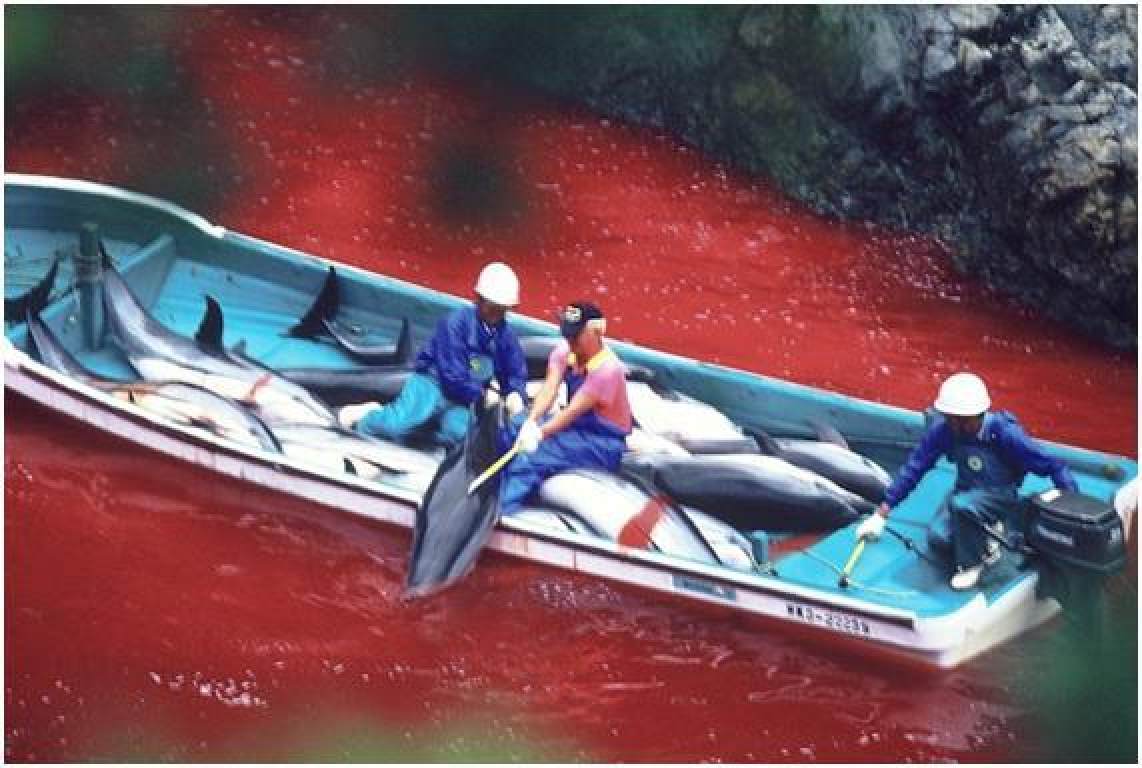
In Hong Kong, there are really not many options. Ocean Park – an aquatic life-focused theme park, in the city’s Southern district – is an organisation a lot of students doing biology think about; I went there to get experience and ended up getting a job.
Then I watched The Cove and switched 180 degrees. Working at Ocean Park, I started to question myself: what’s happening here? I really just wanted to learn all the information about the industry. I was quite shocked and surprised.
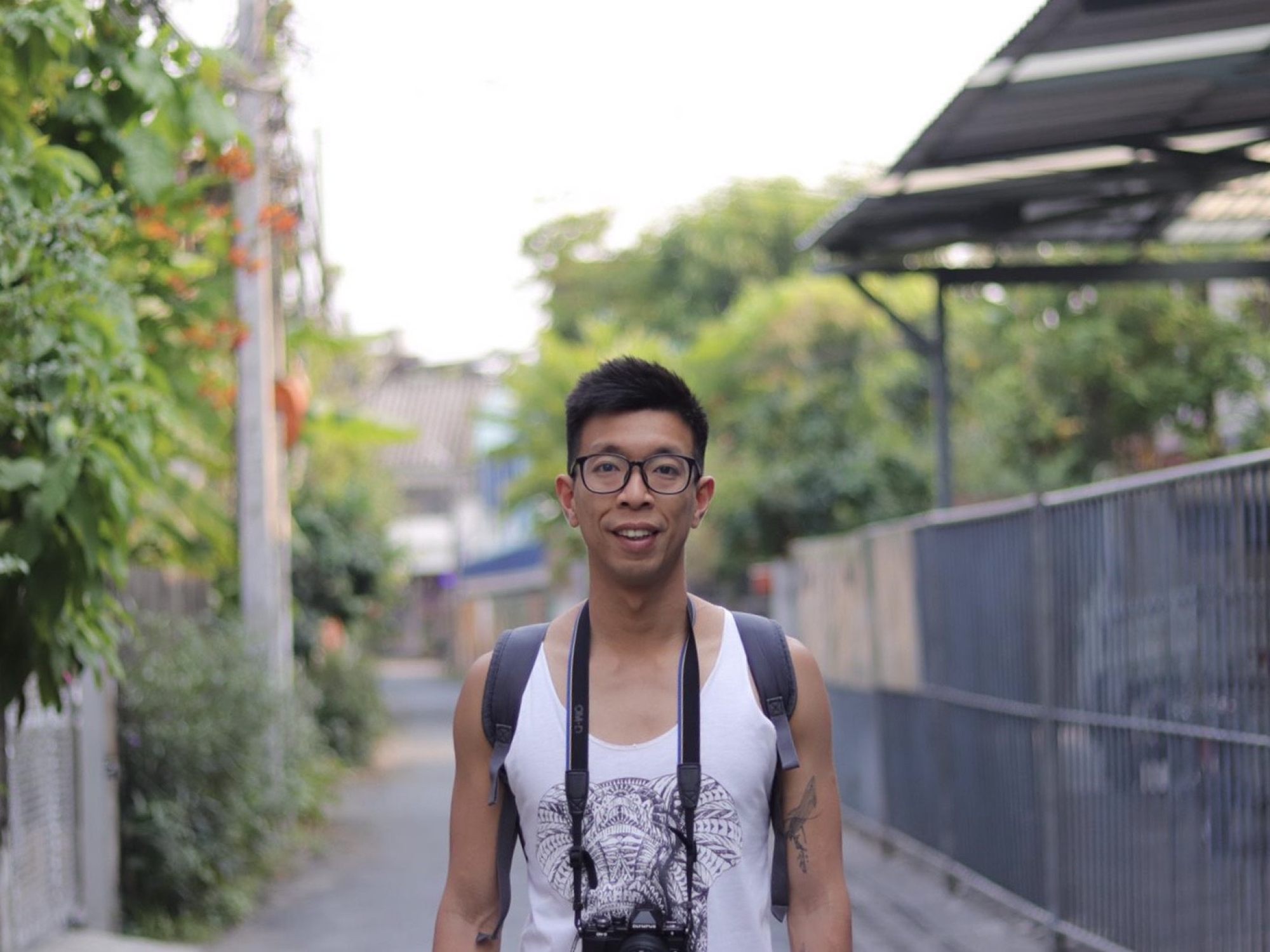
Before watching the movie, I hadn’t realised such large-scale dolphin hunting and slaughtering happened so close to Hong Kong – perhaps in developing countries where fisheries are a livelihood, but I hadn’t realised it was happening in such a developed country and still going on every year.
I realised there was a huge amount of money in that industry.
After watching the movie, I started to do more research on what is happening. I learned that the captivity industry, especially for dolphins, is growing really big, especially in a few Asian countries.
The animals suffer from the same problems described in the movie; they are incredibly stressed.
It took me a few months to quit my job. I went on holiday, came back and started working as a dolphin researcher with Hong Kong Cetacean Research Project, an NGO.
I also started working for the Hong Kong Dolphin Conservation Society, doing educational outreach, with a lot of focus on anti-animal captivity protests.
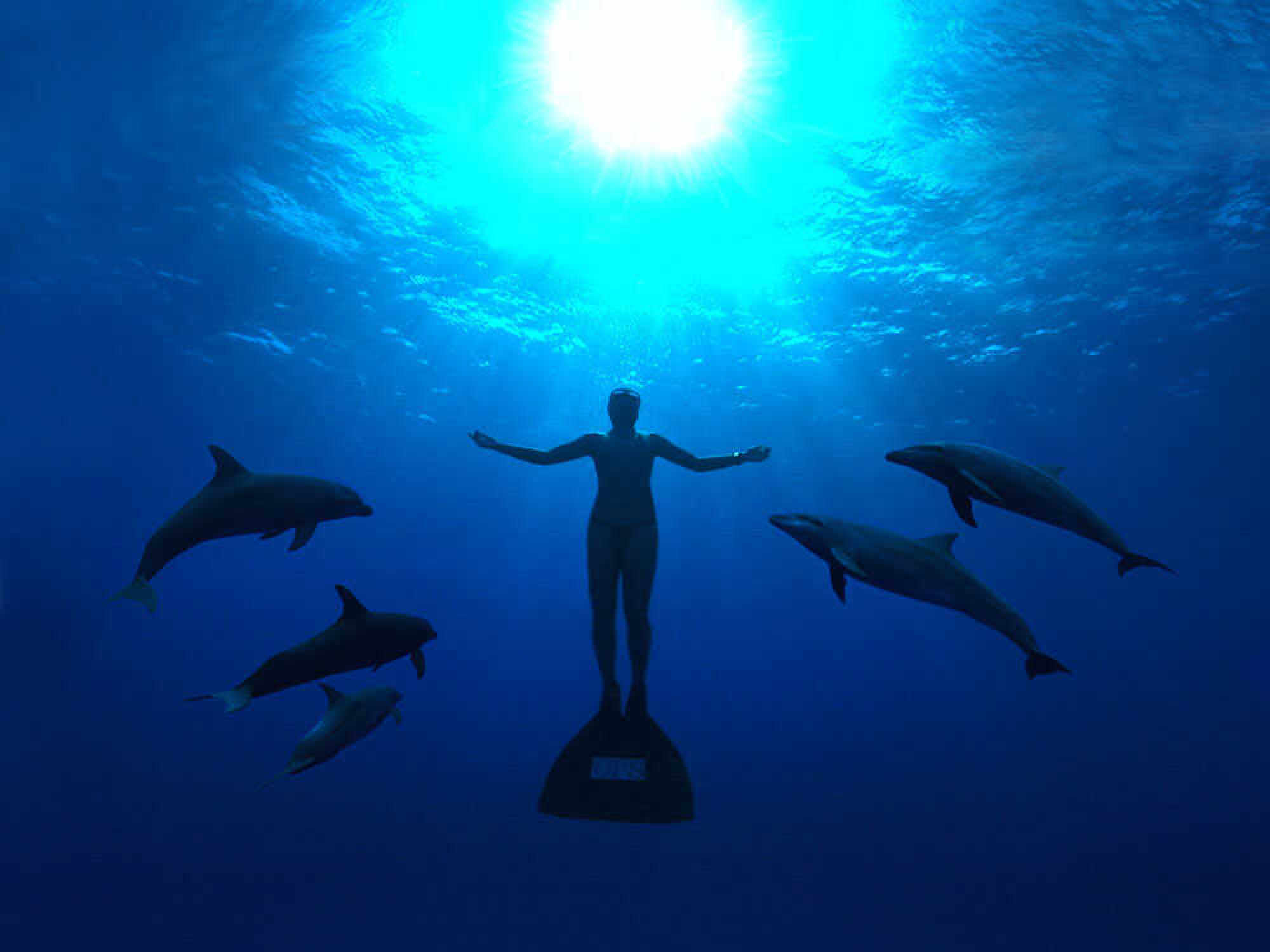
I had a chance to visit Taiji in 2016 and find out about it for myself. It’s not easy for anyone to go into that little town. The police, the navy – everyone is watching you. I know a couple there who observe and report on what’s going on during hunting season. What’s told in the movie is definitely true.
I’ve seen the movie maybe four or five times. Every time I see it, it strengthens the idea that this is my lifelong mission.
In the United States, it took 50 or 60 years to educate the public that dolphin captivity is not right. China now is like the US then. When I see this movie, it gives me that momentum again to try to work harder on the issue.
